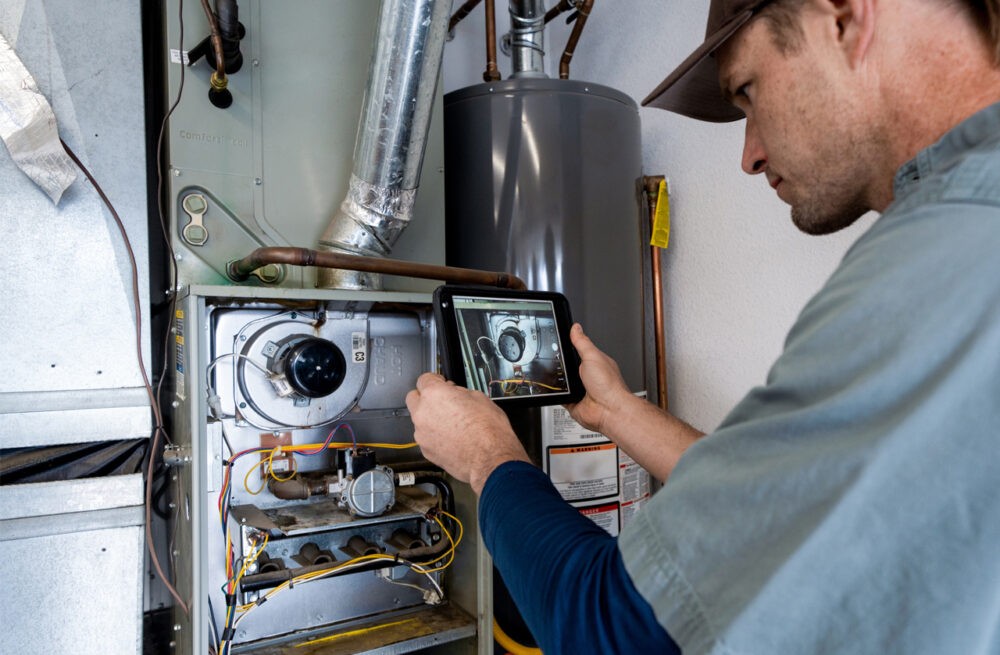At Dash Mechanical we deal with customers who don't know whether furnace repair or replacement would be better for their home. Deciding whether to repair or replace your furnace can be a challenging decision. As an HVAC service technician, I’ve helped countless customers navigate this choice. Let’s break down the factors to consider:
Cost of Repair vs. Replacement:
Compare the cost of repairing your current furnace with the cost of a replacement. If the repair cost is substantial, it might make more sense to invest in a new furnace.
Tip: Many professionals use the “5,000 rule.” Multiply the age of your furnace by the repair cost. If the result exceeds $5,000, consider replacement1.
Age of Your System:
Repair or replace your furnace? Learn the facts
Furnaces typically last between 15 and 25 years. If your furnace is nearing the end of its lifespan, it’s worth evaluating whether repairs are worthwhile.
Older furnaces may experience more frequent issues, and individual components may fail.
Budget and Comfort Goals:
Consider your budget and long-term comfort goals. A new furnace may offer improved energy efficiency and better performance.
Frequent repairs can add up, impacting your comfort and finances. Balancing repair costs with the benefits of a new system is essential.
Signs It’s Time to Replace Your Furnace:
Here are common indicators that replacement might be necessary:
- Age: If your furnace is more than 15 years old, pay attention to warning signs. Older units may fail gradually, allowing you to predict issues.
- Frequent Repairs: A string of costly repairs indicates wear and tear. Components wear out over time, affecting performance.
- Increased Energy Bills: If your energy bills have spiked, your furnace’s inefficiency could be the culprit.
- Uneven Heating: Uneven warmth in your home suggests furnace problems.
- Unusual Noises: Strange sounds from your furnace may signal underlying issues.
What To Do When Furnace Repair or Replacement Questions Arise
Remember, while a service technician can provide recommendations, the final decision rests with you. Prioritize safety, comfort, and long-term cost-effectiveness when choosing between repair and replacement.

